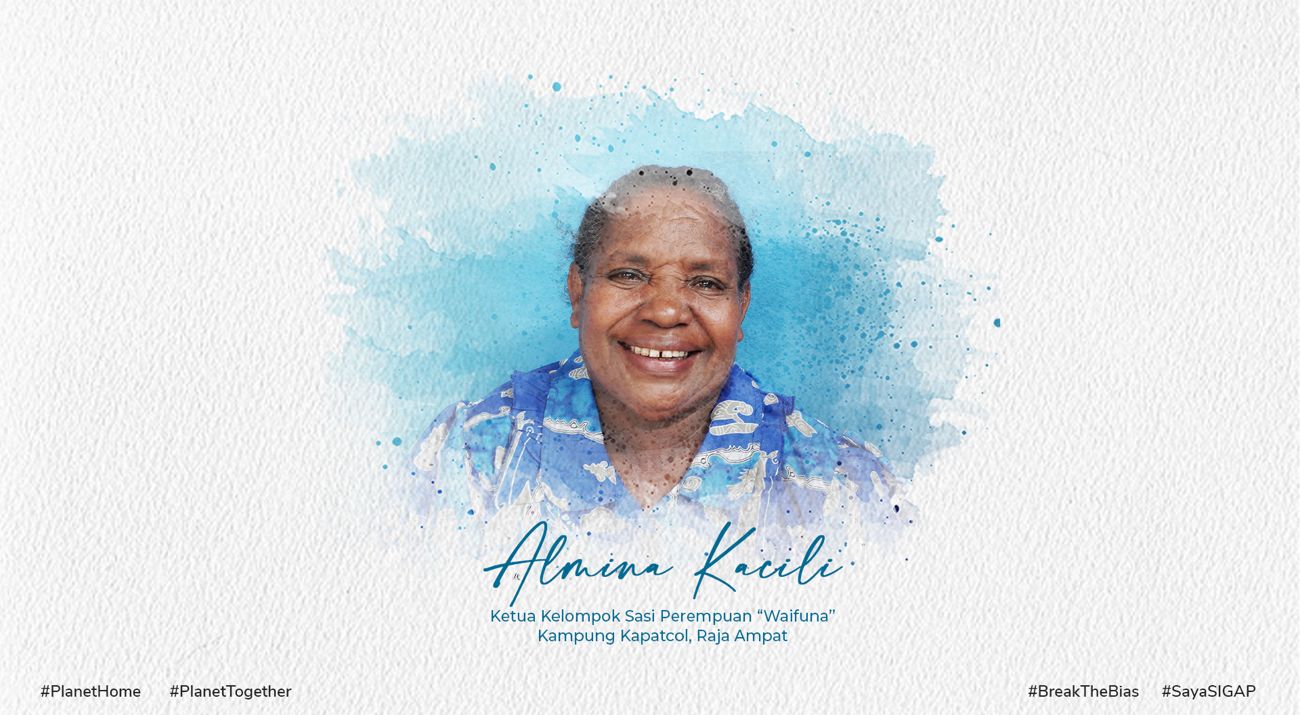Papua and the sasi tradition are still closely related. This is one of the customary practices for managing natural resources that is still applied today. Traditionally, sasi is only managed by men. However, since 2010, this tradition is no longer valid. The late Betsina Hay and Almina Kacili from Kapatcol Village, West Misool District, Raja Ampat Regency, propelled the winds of change in the Bird's Head Seascape area.
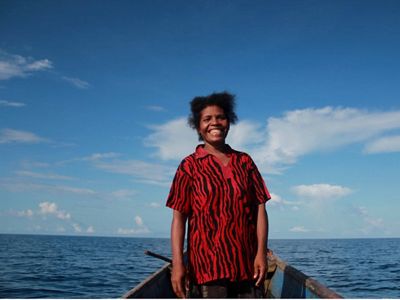
Betsina Hay, who was familiarly by Mama Betsi and in fact the wife of the head of Kampung Kapatcol at the time, wondered why only men had the right to manage a water area. Don't women also deserve the same opportunities?
Together with her relative, Mama Almina, Mama Betsi continues to pursue this dream. Both of them took the initiative to advocate for sasi led by women, then founded a women's group called "Waifuna", which in the local language means a blessing from God Almighty.
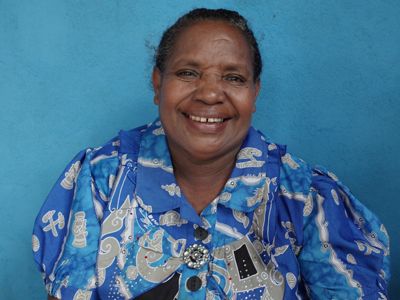
"It could be that Waifuna is the first women's group in Papua to have a sasi management area," explained Almina Kacili. Waifuna then manages a sasi management area of 32 hectares, which is intended for sea cucumbers and lobsters. These women's ownership rights are also fully recognized by the village government, church, and customary holders.
Generally, sasi is a customary mechanism to regulate the management of natural resources, both on land and at sea, within a certain period of time. As long as the sasi is in effect, no one is allowed to take the resources the sasi is working on in the area until it's time to open.
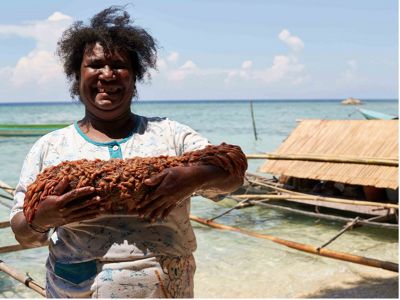
Along the way, Waifuna received assistance in sustainable, science-based sasi management through a partnership with Yayasan Konservasi Alam Nusantara. Moreover, by developing a sasi agreement it must be obeyed by group members, such as being only allowed to take mature sea cucumbers or lobsters and use environmentally friendly fishing gear. Therefore, when the harvest period (buka sasi) arrives, the harvest does not really run out. The population of sea cucumbers and lobsters are also maintained.
The patrols carried out in the sasi area have also resulted in no more cases of fish bombing or other destructive fishing methods. Thus, sea conditions are maintained. This is an important note in efforts to mitigate climate change, considering that marine ecosystems are able to absorb 25 percent of carbon emissions.
Climate change, for the women in Kapatcol, is not just a jargon. Now they have to deal with the impacts of climate change on a daily basis. "In the last few years, we had to face big waves, strong winds, and rain. When we had to patrol the sasi area, there were waves and strong winds," explained Almina.
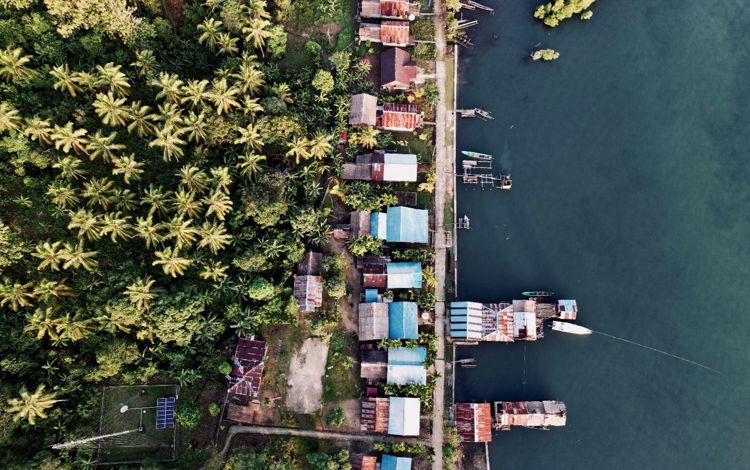
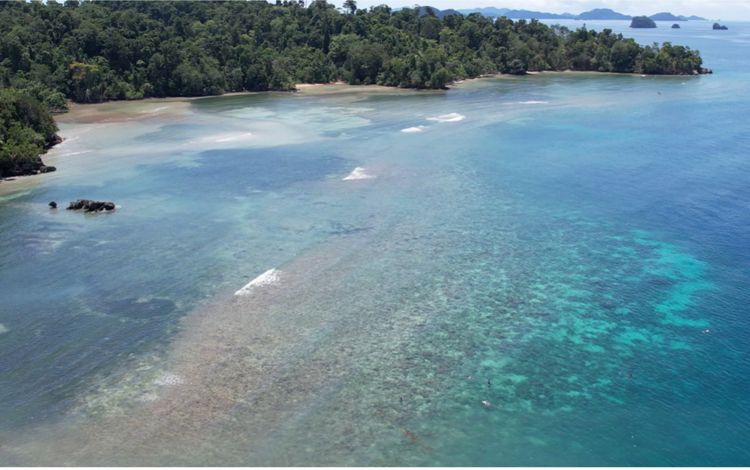
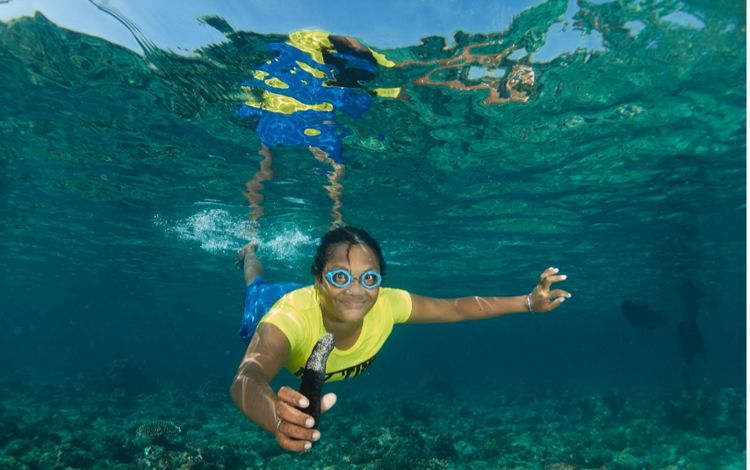
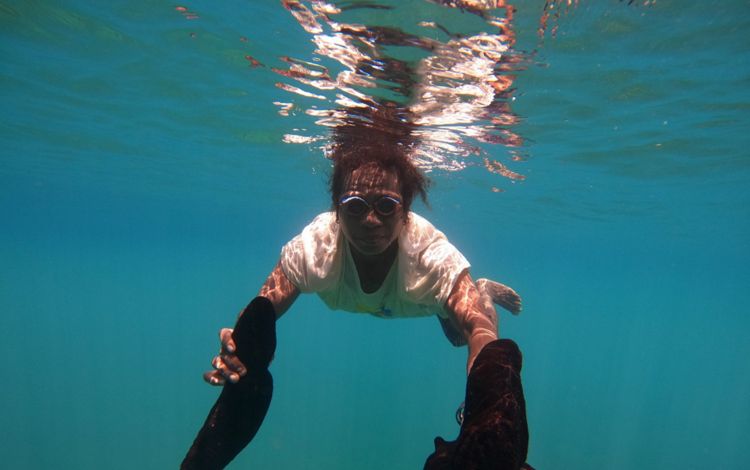
Even though Betsina Hay passed away in 2015, the Waifuna Group still has solid principles, in 2019, the local village government extended the sasi area to 215 hectares. The harvest obtained by the Waifuna group has also succeeded in becoming a financial safety net for the entire community of Kampung Kapatcol. Yes, harvest funds are not only enjoyed by mamas—a typical name for mothers in Papua, but are also used to help with educational needs (providing scholarships to potential village children), health, as well as helping the church when needed.
Through sasi, Waifuna channeled the enthusiasm of the women of Kampung Kapatcol in increasing the economic strength of their community. Through sasi, Waifuna has opened the door to build a healthier and more empowered generation. Through sasi, the beauty and wealth of the motherland is preserved.
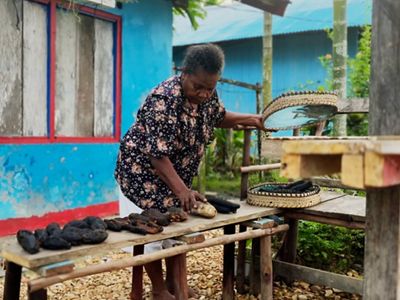
“Women must also be at the forefront of preserving nature. Another thing that is no less important is to impart the principles of nature conservation in the family environment,” concluded Almina.


